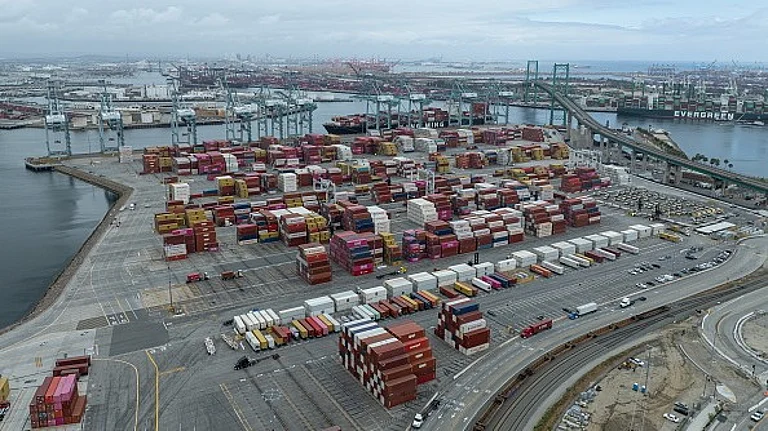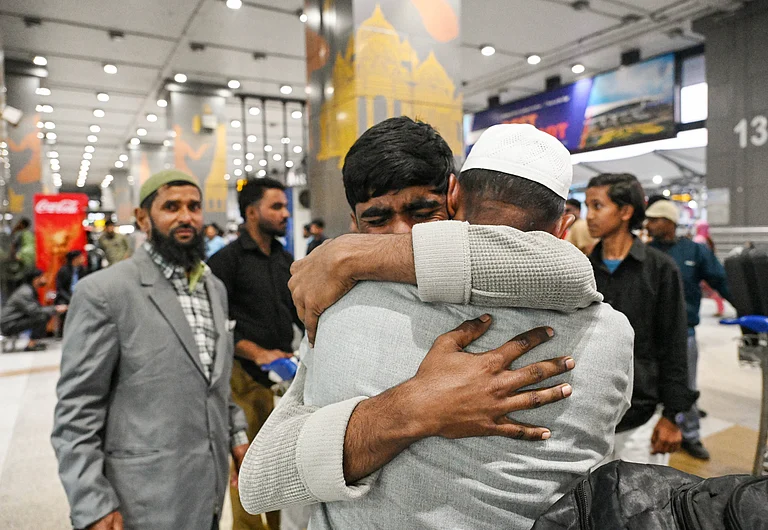Turning Moments Of The War
The ebb and flow of conflict in three continents, over four years, shifting frontlines, final conclusions

1914
- June 28: Archduke Francis Ferdinand assassinated
- July 28: Austria-Hungary declares war on Serbia
- Aug 4: Britain declares war as Germany invades Belgium
- Aug 26: Tannenberg, Prussia, sees a Russian rout
- Sep 5-12: Battle of Marne, north of Paris, ‘Race to the Sea’ follows in the north
- Oct-Nov: This starts off attritional trench warfare; battle of Ypres, Belgium

1915
- Mar 10-13: Battle of Neuve Chapelle, France
- Apr 22-May 25: Second Ypres—Germans use chlorine gas
- Apr 25-Jan 1916: Gallipoli: British/anzac/French forces repulsed by Turkey, evacuated
- May 7: British ship Lusitania sunk by German U-boat
- Sep 25-Oct 14: Gen French out, Gen Haig in, after costly Loos
- Dec 7-April 28, 1916: Gen Townshend’s garrison surrenders to Turks after siege at Kut-al-Amara, Mesopotamia

1916
- Feb 21-Dec 18: German offensive on Verdun, France: longest battle of the War. Casualties: 7.5 lakh. France asks Britain to help ease pressure, they comply at Somme
- Jul 1-Nov 13: British bleed at Somme: 4.2 lakh fall for meagre gain
- May 31: The only big naval battle, at Jutland
- Jun 4: Brusilov offensive
- Nov 21: Lloyd George forms War cabinet

1917
- Mar 11: British take Baghdad
- Mar 12: Revolution in Russia
- Apr 6: The US joins war
- Jul 31-Nov 10: Passchendaele, third Ypres in rain, deep mud
- Oct 24-Nov 19: Caporetto, in north Italy; Austro-German offensive breaks Italians
- Nov 7: Bolshevik Revolution
- Nov 8: Balfour declaration by UK recognises Palestine as the Jewish homeland
- Dec 9: Jerusalem, another Ottoman showpiece, falls
- Dec 15: Russia ceases war

1918
- Mar 21: First in the wave of German offensives that almost won them the war, Op Michael on Somme, falters after initial gains
- Apr 9-13: 4th Ypres—now Flanders sees Germans fail
- Jul 15-Aug 4: Second Marne; beginning of end for Germany
- Sep 29-Oct 5: Allied push breaches Hindenburg Line
- Oct 24-Nov 3: Vittorio-Veneto: Italians break Austria
- Nov 3: Austria-Hungary signs armistice
- November 11: All quiet on Western front; Germany signs Armistice at 11 am
The Great War started with hope for a final, speedy solution to perceived wrongs. It ended up crowning every hope with bitter irony. In all, over 12 million soldiers died.
.jpg?w=801&auto=format%2Ccompress&fit=max&format=webp&dpr=1.0)
The War ended with an overwhelming sense of futility over the millions of lives lost in heedless frontal assaults. Its memorials are couched in solemn epitaphs.
Q How and where did World War I start?
The decades before 1914, under Kaiser Wilhelm-II, were marked by strident German militarism, reactive arms races from France, Britain, Russia, and an interlocking system of alliances that split colonial-era Europe into warring camps. The Balkan states—Serbia, Montenegro, Romania—carved out of the Ottoman empire, were coveted by both Austria and Russia. In 1908, Austria annexes Bosnia-Herzegovina. Six years later, Autrian heir Franz Ferdinand is shot down in its capital Sarajevo. An angry Austria is goaded by Germany to serve an ultimatum to Serbia. Europe is on the warpath.
Q Who were the main belligerents?
The Central powers: Germany, with Austria-Hungary or the Habsburg Empire, as well as the Ottoman Empire, on its side. Entente powers: Britain, France, Russia, Italy, Japan and later the United States ended up on the other side. Since most of them were imperial powers, they mobilised large numbers of men and resources from their colonies in different parts of the world for the war effort. Thus, though essentially a European war, it spread to the colonies, notably Africa, Palestine and Iraq. As a British colony, India had its allegiance decided ipso facto.
Q What was the main impact of the war on the world?
The consequences of the war were many—it helped create the situation for the Communist revolution in Russia in 1917 (which descended into Stalinism), and fascism in Italy and Germany. It also led to attempts by Britain and France for expansion in West Asia, whose dire consequences are still felt. And it thrust global hegemony on the US. It also deepened Sino-Japanese tensions, and merely papered over fissures in the Balkans. It created the League of Nations—aimed at stopping strife between ‘great powers’. Many historians believe WW-I also set India on the freedom path.


















